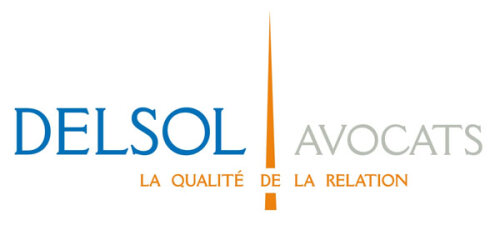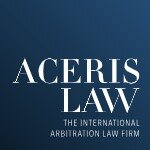Best Disability Lawyers in Paris
Share your needs with us, get contacted by law firms.
Free. Takes 2 min.
List of the best lawyers in Paris, France
About Disability Law in Paris, France
In Paris, France, disability law is aimed at promoting a comprehensive and inclusive society for people with disabilities. The French government recognizes people with physical, mental, and psychiatric disabilities and provides them with various protections and support. The key legislation is the "Law for the Equality of Rights and Opportunities, Participation and Citizenship of People with Disabilities" which was enacted in 2005.
Why You May Need a Lawyer
Legal assistance is essential in situations such as applying for government aid, fighting discrimination, ensuring accessibility in public and private spaces, and matters involving labor laws, among others. Disputes may arise in these areas, and having a legal professional can help clarify individual rights and the processes needed to uphold or enforce these rights.
Local Laws Overview
The 2005 Law for the Equality of Rights covers key areas of importance for people with disabilities. This includes rights to education which mandates inclusive classrooms and tailored educational paths, employment which protects against discrimination and mandates a 6% hiring quota for bigger companies, and accessibility regulations for establishments and services. The law also demands that individual needs be assessed and benefits be provided accordingly.
Frequently Asked Questions
1. Do employers have obligations to hire people with disabilities?
Yes, French law states that companies with 20 or more employees must ensure that 6% of their workforce consists of individuals with disabilities. Not adhering to this requirement may result in fines.
2. Are public spaces required to accommodate disabilities?
Yes, the law insists on accessibility in places open to the public. This includes public buildings, transportation, parks, and pathways.
3. Can a dismissal be based on a disability?
No, dismissals based on an individual's disability are strictly forbidden.
4. Are there special education provisions for students with disabilities?
Yes, inclusive education is mandated, with accommodations made as per the individual student's needs. This may include personalized education plans, specialized equipment or adapted curriculum.
5. Can a person with disabilities apply for financial aid from the government?
Yes, individuals can apply for the "Disabled Adult’s Allowance" (Allocation aux Adultes Handicapés - AAH) which is a financial aid provided after evaluation of the person's disability and resources.
Additional Resources
The French government provides various resources for individuals with disabilities. The important ones include Department House for Disabled People (Maison Départementale des Personnes Handicapées - MDPH) for assessing needs and aiding with benefits, applications, and aid. There are several non-profit organizations such as the French Association of Paralyzed (APF France Handicap) which provide resources and support to individuals and their families.
Next Steps
If you require legal assistance in matters concerning disability law in France, it is advisable to seek the aid of a lawyer specializing in this field. They can help you navigate the law, understand your rights and obligations, and represent you in disputes if necessary.
Lawzana helps you find the best lawyers and law firms in Paris through a curated and pre-screened list of qualified legal professionals. Our platform offers rankings and detailed profiles of attorneys and law firms, allowing you to compare based on practice areas, including Disability, experience, and client feedback.
Each profile includes a description of the firm's areas of practice, client reviews, team members and partners, year of establishment, spoken languages, office locations, contact information, social media presence, and any published articles or resources. Most firms on our platform speak English and are experienced in both local and international legal matters.
Get a quote from top-rated law firms in Paris, France — quickly, securely, and without unnecessary hassle.
Disclaimer:
The information provided on this page is for general informational purposes only and does not constitute legal advice. While we strive to ensure the accuracy and relevance of the content, legal information may change over time, and interpretations of the law can vary. You should always consult with a qualified legal professional for advice specific to your situation.
We disclaim all liability for actions taken or not taken based on the content of this page. If you believe any information is incorrect or outdated, please contact us, and we will review and update it where appropriate.
















